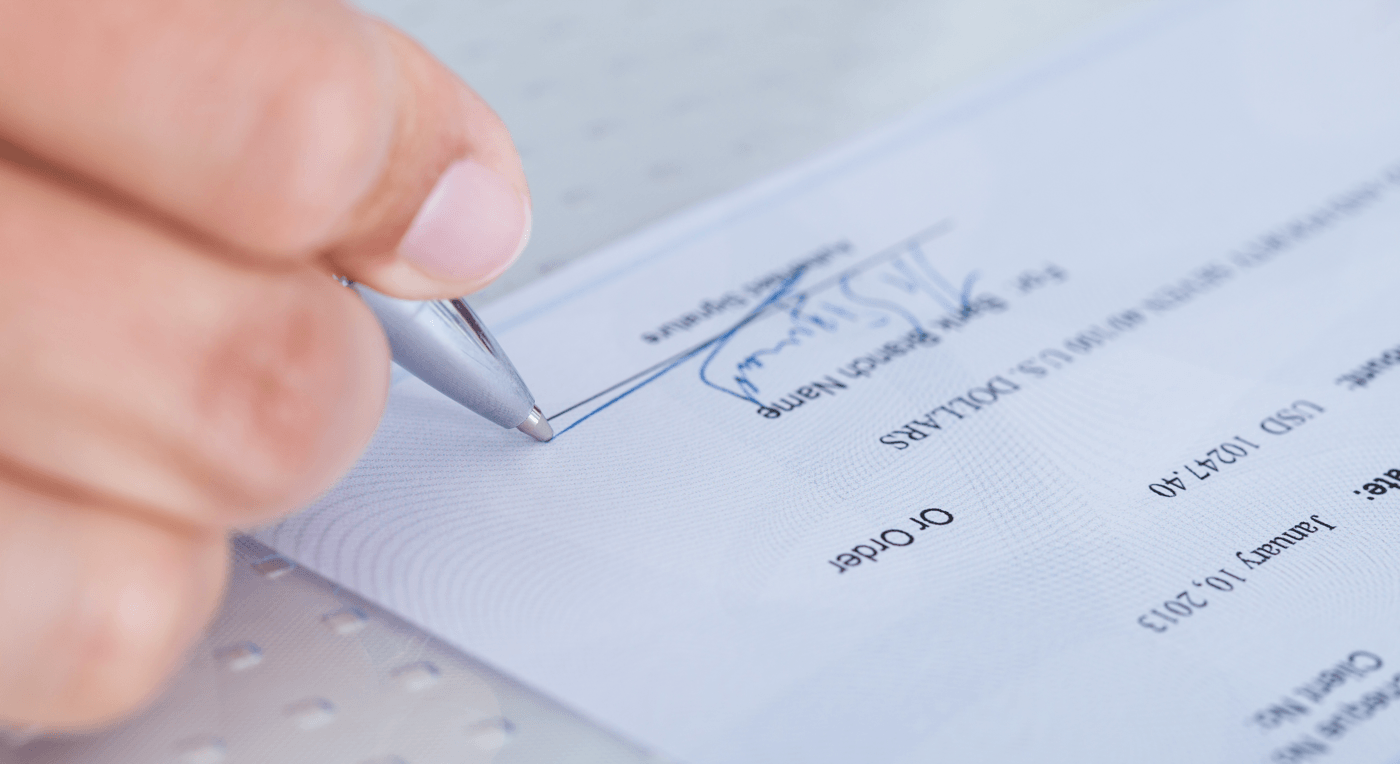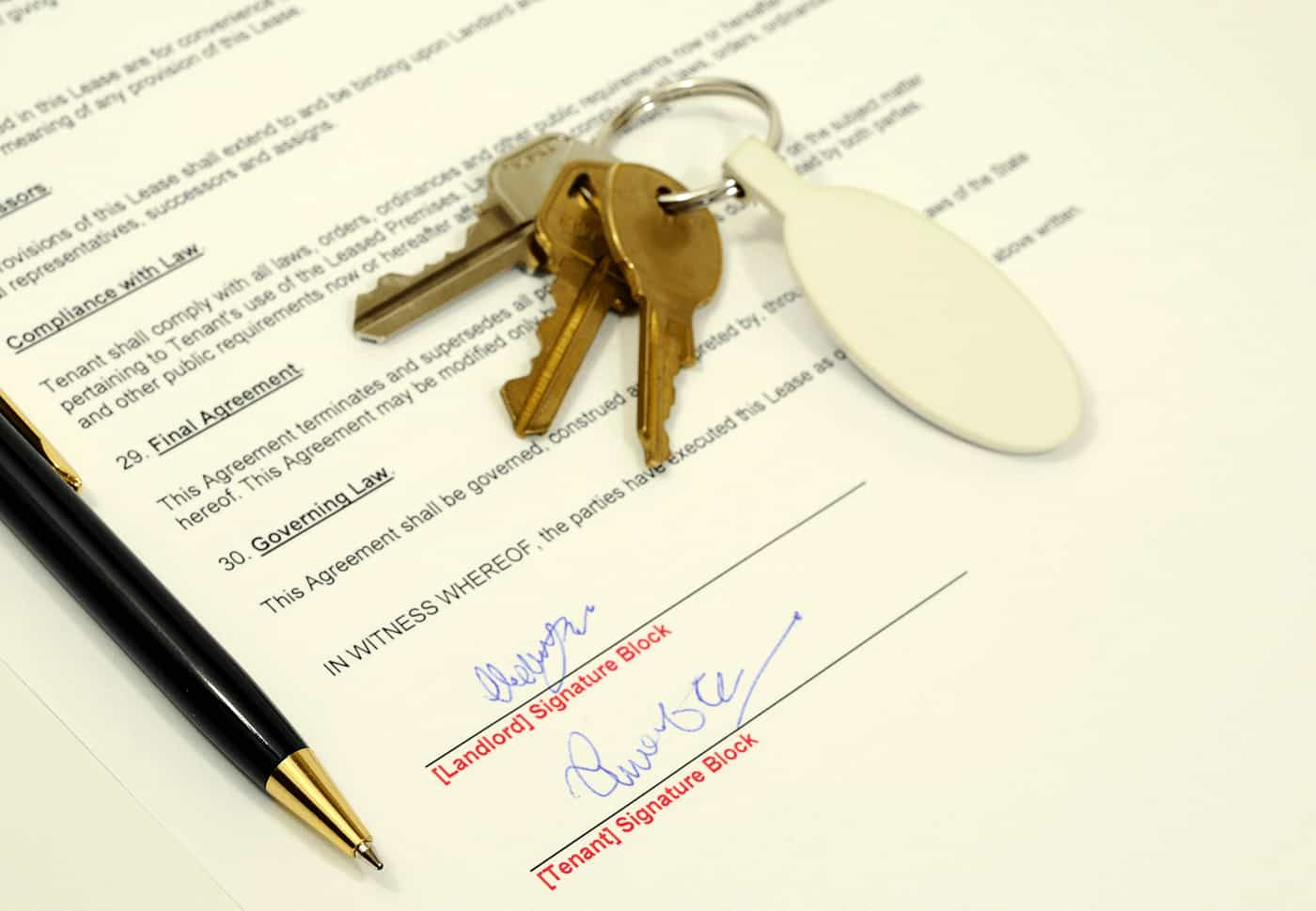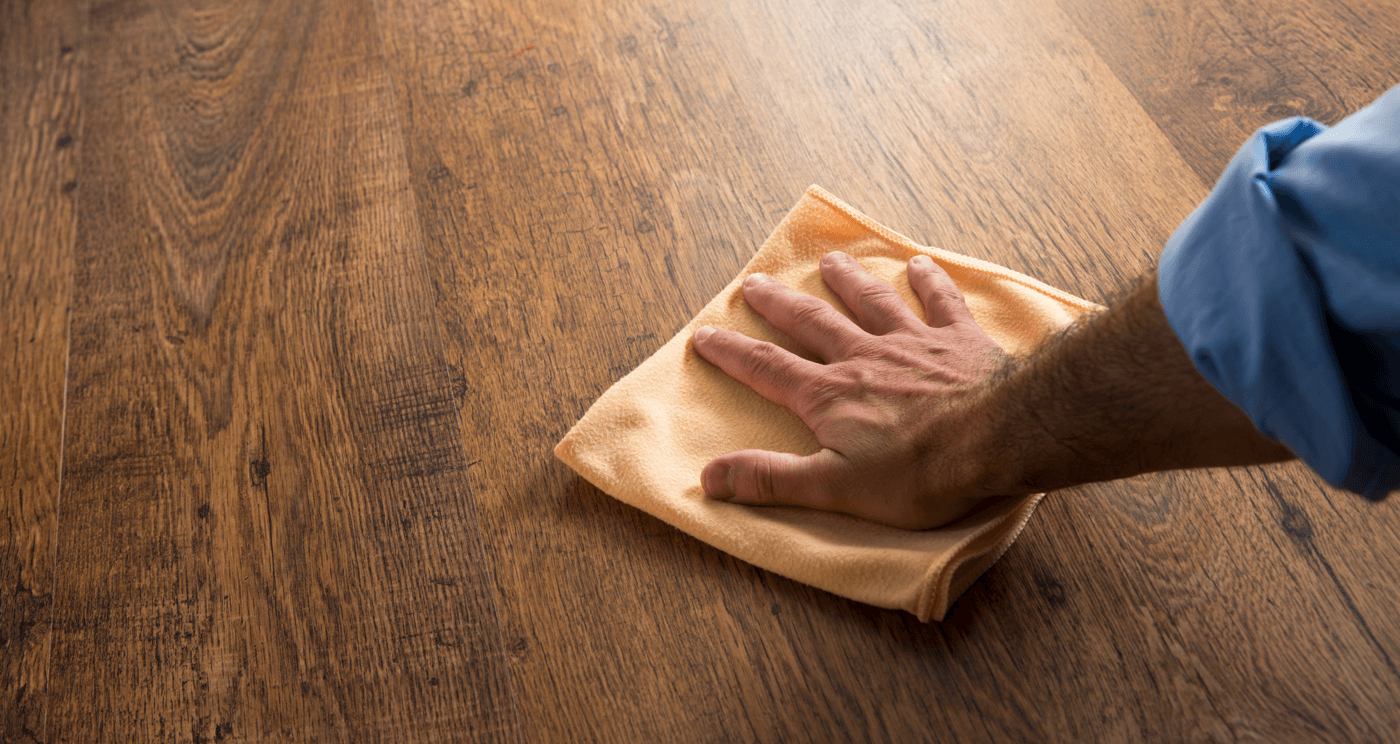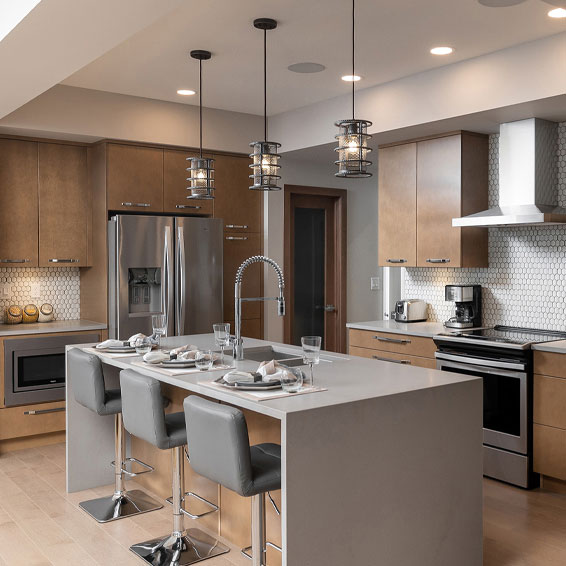
Whether you’re thinking about becoming a landlord or you already are one, you know that landlords have an enormous amount of responsibility. You need to find tenants, keep the property in good condition, and take care of problems as they arise.
However, tenants have their own responsibilities as well. As you look for people who might be good tenants, you want to be sure to select people that are going to hold up their end of the bargain.
Our explanation of tenant responsibilities should help you get a better grasp on what your tenants need to take care of.

Making All Payments on Time
Paying the rent is probably the most important and most obvious of all of the tenant responsibilities. Make sure that the process for paying is established well ahead of time. If you’re hiring a property management company, they’ll probably have their own process for this.
Some landlords still allow tenants to pay by sending paper cheques. One of the advantages to accepting cheques is that you rarely have to pay a fee when you cash them. However, it’s easy for a tenant to make the payment late and say that it got lost in the mail.
Another way to collect payment is by credit card, but there’s usually a fee associated with this. Make sure you account for this fee when you’re setting your rental rates.
One of the best ways, in our opinion, to collect rent is via e-transfer, or if your property management company does it, automatic withdrawal. This is the most convenient way to collect rent although it can come with fees as well.

Following the Tenant Agreement
Tenants also need to follow the rental agreement, but this is sometimes harder than it sounds. For instance, it’s easy when it comes to rules like paying the rent on time and checking the smoke detectors once a year. However, tenants often break the agreement when it comes to keeping pets or having guests stay over.
Think carefully about the rules that you set for your property, and try to make them reasonable. For instance, if you allow pets as long as the tenant provides an additional security deposit, you may be more likely to get tenants who are going to follow the rules.

Maintaining the Property
When we say “maintaining the property”, we’re talking about basic upkeep to the interior of the home, such as vacuuming floors, wiping up spills as soon as they occur, and cleaning the bathroom on a regular basis. These are the things that the tenant must do. Most of the time, the landlord is still responsible for larger maintenance jobs, like mowing the lawn and other landscaping tasks, or hiring someone to do maintenance on the water heater.
However, you might come to an agreement with your tenant to have them take care of some of these tasks. Offering a slight discount on rent in exchange for their work may work out in your favour if you would have otherwise had to hire a company to take care of that maintenance anyway. All of these details should be in the tenant agreement.
Keeping Quiet Hours
Everyone has the right to enjoy their home, but your rights stop when they infringe on others’ rights. Tenants need to respect some type of quiet hours. Usually, these are something like 9 pm to 7 am on weekdays and 11 pm to 8 am on weekends. However, you could adjust them to meet the needs of your tenants. Usually, this is just about being a conscientious neighbour, but it’s best to add it into the tenant agreement so that there are no questions about the rules.
Notifying the Landlord of Problems
It’s incredibly important for your tenants to notify you when there are any problems with the home. Sometimes, they neglect to do so because it’s minor in their mind. For instance, the toilet could be running unless you wiggle the handle a bit. It’s not a big deal in the long scheme of things, but if you forget to do that and the water keeps running, it increases the water bill. Likewise, a small amount of damage to the walls or floors might not seem like a big deal, but they could turn into bigger problems.
You may also want to specify who’s responsible for these types of problems in the tenant agreement. In most cases, the landlord has to pay for general repairs that come from normal wear and tear, but if the tenant causes the damage, he or she should probably pay for the damages on their own.
As a landlord, you want to make sure that your rental properties stay in great shape. That’s why tenants have their own responsibilities. When you choose people who you know you can trust to follow the rules and honor their responsibilities, you can rest easy knowing that your properties are in good hands.



